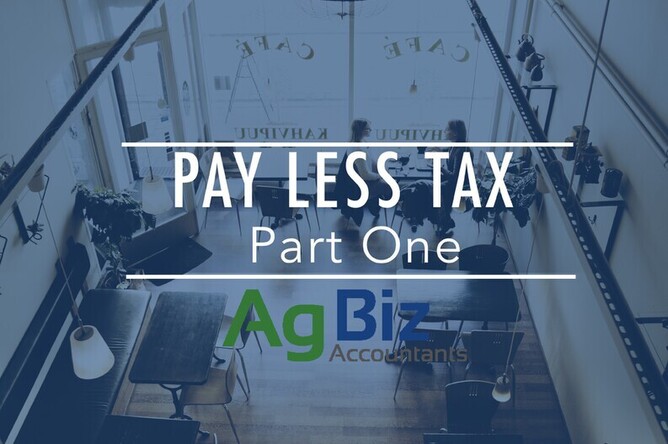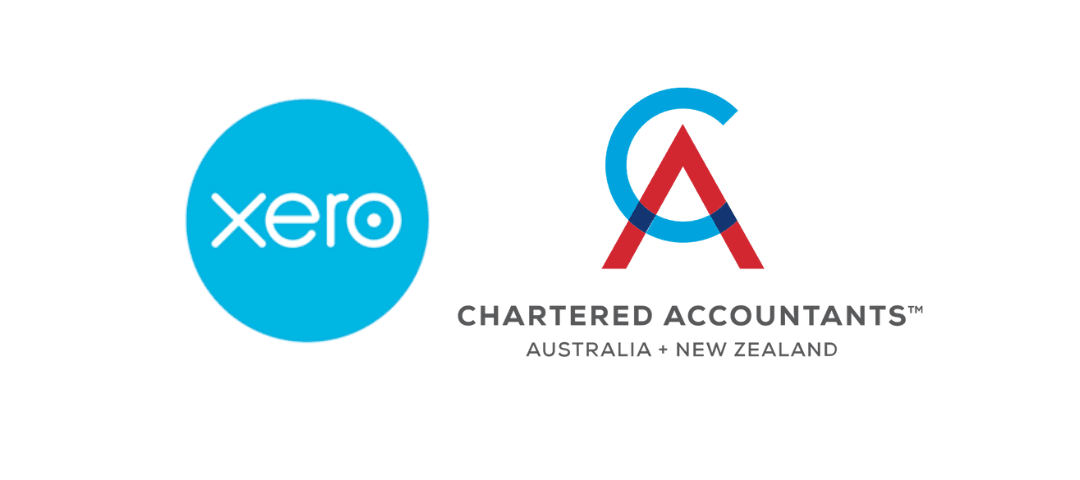Save $12k in tax on $120k of income by structuring your business effectively.
Table 0.1 – How AgBiz Accountants could save you more than $12k in tax (an extra 10%)
| Entity | Profit | Tax | Tax Savings |
| Individual | $120,000 | $30,520 | $9,080 |
| Company | $120,000 | $33,600 | $6,000 |
| Trust | $120,000 | $39,600 | $- |
| Evans Doyle Way | $120,000 | $27,580 | $12,050 |
Everyone pays tax on their income. The rate of tax you pay depends on how much income you earn (for an individual), or what type of business structure you operate (for businesses). This will help you understand how the different rates of tax are calculated.
Table 1.1 - Tax rates for different business structures:
| Individual | Partnership | Company | Trust | |
| Tax Rate | Marginal Rates | At individual marginal rates | 28% | 33% |
Individuals & Sole Traders
Individuals pay tax at a marginal rate. This means, that as an individual's income increases, they pay more tax on that increase of income. The below table shows the different tax rate for each bracket of income.
Table 2.1 – Individual marginal tax rates:
| Income | Tax Rate |
| $0 - $14,000 | 10.50% |
| $14,001 - $48,000 | 17.50% |
| $48,001 - $70,000 | 30% |
| Over $70,000 | 33% |
For example, an employee earning a salary of $60k pa, and a sole trader (individual business owner) earning $60k profit pa will pay the same amount of tax ($11,020) as shown in the table below.
Table 2.2 – Tax on $60k of income for an individual
| Income Tax Rate | Income | Tax |
| Income up to $14,000, taxed at 10.5% | $14,000 | $1,470 |
| Income over $14,000 and up to $48,000, taxed at 17.5% | $34,000 | $5,950 |
| Income over $48,000 and up to $70,000, taxed at 30% | $12,000 | $3,600 |
| Total | $60,000 | $11,020 |
Company's - tax rate of 28%
Company's pay tax at 28% on all their profit.
Table 3.1 – Company tax on $120k of income:
| Entity | Profit | Tax |
| Company | $120,000 | $33,600 |
| Total | $120,000 | $33,600 |
A company has the flexibility to pay its shareholder a salary if the shareholder is working in the business. This reduces the company profit, but creates taxable income to the individual. Note: the shareholder must be a natural person (not a Trust) to receive a shareholder salary.
For example; a company makes a profit of $120k. The below tables show a tax saving of $6,020 between table 3.1 (profit being retained in the company) and table 3.2, ($48k being paid as a shareholder salary and the balance of $72k retained in the company).
Table 3.2 –Tax on $120k of income; $48k shareholder salary, $72k retained in company:
| Entity | Profit | Tax |
| Company | $72,000 | $20,160 |
| Shareholder Salary | $48,000 | $7,420 |
| Total | $120,000 | $27,580 |
Trust's - tax rate of 33%
A Trust pays tax at 33% of its profit. For example, a profit of $120k, results in tax to pay of $39,600.
Table 4.1 – Trust tax on $120k of income:
| Entity | Profit | Tax |
| Trust | $120,000 | $39,600 |
| Total | $120,000 | $39,600 |
A trust also has flexibility to distribute profit to beneficiaries of the Trust. The profit would then become taxable in the hands of the beneficiaries (at their marginal tax rate) as oppose to the Trust (33% tax rate).
Partnership - taxed at each partner's marginal tax
The profit of a partnership is distributed to the partners in accordance with their share of ownership.
Their individual share, is then added to any other income they have and taxed in their own name. For example, if a partnership makes a profit of $100k and there are two partners with 75/25 share, one partner would receive $75k income and the other $25k income.
Their share of their partnership income is added to any other individual income they have, and taxed at their marginal rate as outlined above. Their tax rate will depend on their total level of income.
Tax Efficiency and Business Structure
If tax efficiency was the only factor to consider in business, the option of a company would provide the greatest flexibility to pay less tax (as shown in Table 3.2). Income of less than $48,000 could be paid as a shareholder salary to utilise lower individual marginal tax rates, 10.5% - 17%, with the balance of profit retained in the company paying tax at 28% compared to paying 30-33% as an individual or Trust.
However, there are many other important factors to consider when choosing a business structure including a few key ones listed here:
- Trust's may provide greater asset protection which is extremely important in business and relationships
- Trust provide options for succession planning for the future
- Sole traders are easier to set-up and generally have less compliance costs
- Companies cannot pay shareholder salaries to a Trust (but pay dividends instead)
- Individual with a student loan pay an extra 12% in student loan repayments which would not occur if profit was retained in a company or trust.
As we can see, one size does not fit all!
Evans Doyle accountants is offering a free business health check for the month of February. We can discuss your current business structure per your personal circumstances and ensure you are on track, or provide alternative options. Contact us today to arrange your free business health check.
This material has been prepared for informational purposes only, and is not intended to provide, and should not be relied on for, tax, legal or accounting advice. You should consult your own tax, legal and accounting advisors before engaging in any transaction.





